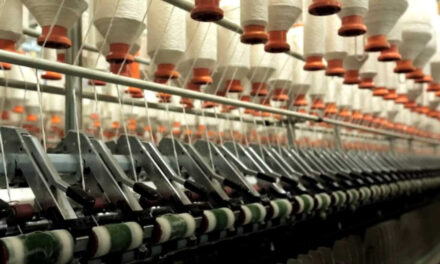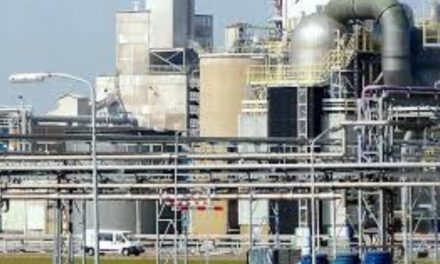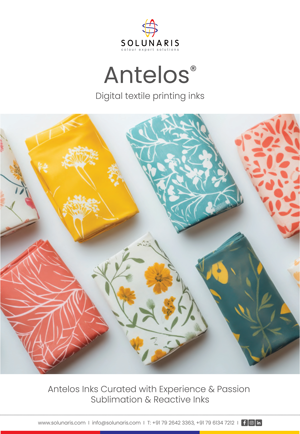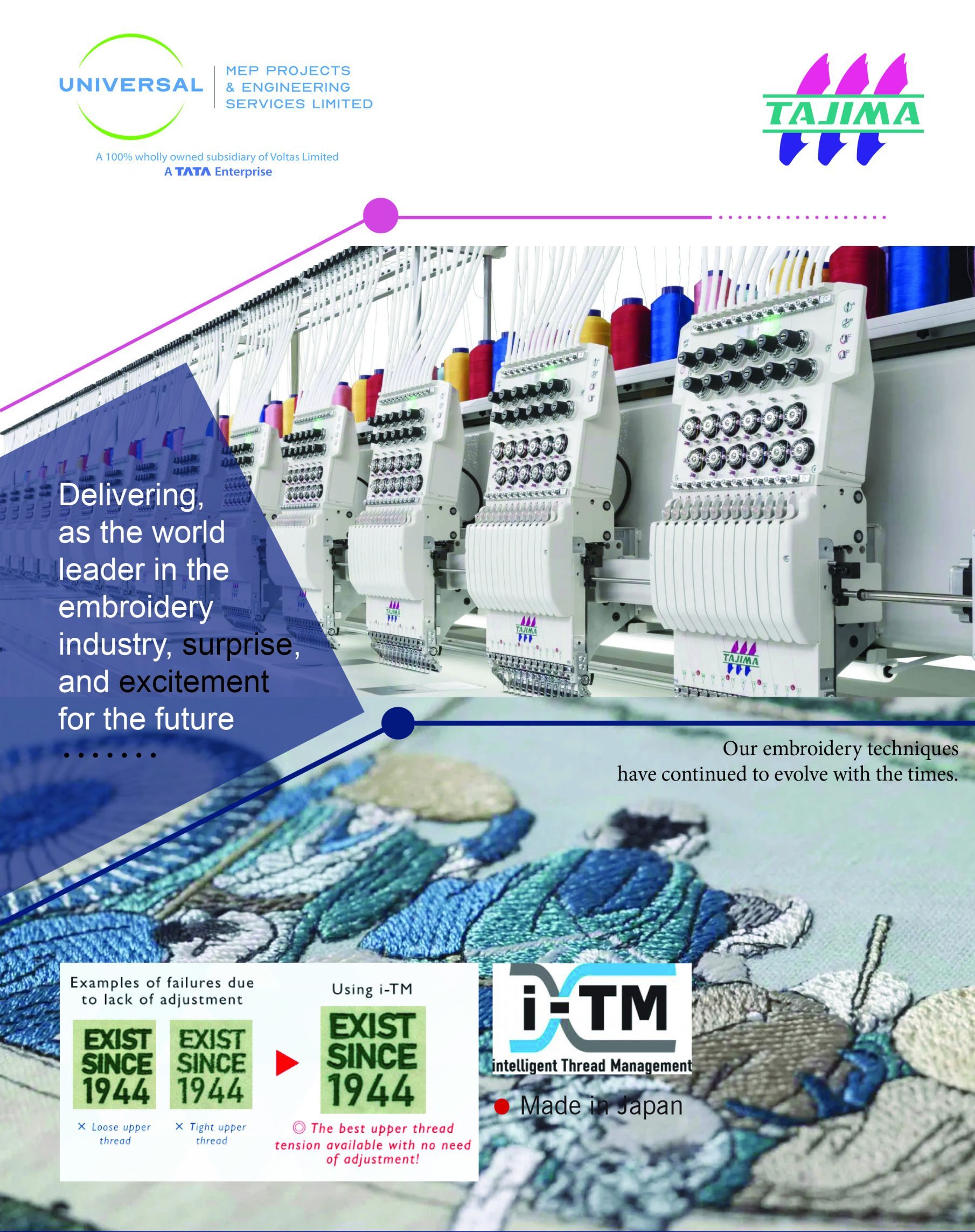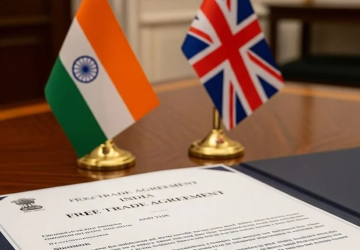 The trade relief measures announced by the Central Government to ease the repayment of term & working capital loan and the challenges in recovering the export proceeds from the foreign buyers, would give a fresh lease of life to the struggling industry.
The trade relief measures announced by the Central Government to ease the repayment of term & working capital loan and the challenges in recovering the export proceeds from the foreign buyers, would give a fresh lease of life to the struggling industry.
The Indian textile and apparel industry, a vital pillar of the economy contributing 2–3% to GDP and 12–14% to merchandise exports, is confronting an unprecedented crisis. The imposition of 50% tariff by the United States, coupled with geopolitical tensions in other key export markets, has significantly eroded the sector’s competitiveness. This threatens not only financial stability and established export markets but also the livelihoods of millions dependent on the industry.
India’s textile and apparel exports fell 10.34% in September 2025 compared to the same month last year. Cotton yarn, fabrics, made-ups and handloom products declined 11.66%, while apparel exports dropped 10.14%. Production disruptions of 25–70% across decentralized powerloom, knitting, and garment units, coupled with weak demand, have strained revenues, margins and liquidity, with 82% of firms extending credit by 3–6 months. Exporters are also facing order cancellations due to shifts to lower-tariff competitors, threatening long-term buyer relationships. This downturn is impacting employment in the textile sector that supports over 45 million workers directly, due to reduced operations and temporary closures.
In a press release issued here today, Mr. Durai Palanisamy, Chairman of the Southern India Mills’ Association (SIMA), expressed his sincere gratitude to the Hon’ble Prime Minister, Shri Narendra Modi; the Hon’ble Minister of Finance, Smt. Nirmala Sitharaman; the Hon’ble Minister of Commerce & Industry, Shri Piyush Goyal and the Hon’ble Minister of Textiles, Shri Giriraj Singh for the moratorium and deferment in the payment of term and working capital loans for the period September 1 to December 31, 2025, extended to the Readymade and Made-ups sector, falling under HS Codes 61, 62, 63 and 94.
In order to enable the exporters to navigate the unprecedented disruptions in exports, the Reserve Bank of India has extended the time allowed for realization and repatriation of export proceeds from nine months to fifteen months. Additionally, the maximum credit period for pre-shipment and post-shipment export loans has been increased from one year to 450 days, for export credits disbursed up to 31 March 2026. Banks have also been directed to relax margin requirements or enhance drawing power, providing businesses with greater access to funds to support their operations.
SIMA Chairman, Mr. Durai, expressed his gratitude, noting that these measures provide businesses with improved cash flow and reduced financial stress during challenging economic conditions, without the burden of heavy interest. Exporters will also benefit from additional time to manage their working capital and realize export proceeds effectively.
Mr. Durai has also appealed to the government to extend the same benefits to the capital-intensive spinning, weaving and processing segments, covering the 2 digit HS Codes 52, 54, 55 and 60 which are into severe financial crisis, to prevent them from becoming NPAs. These segments supply required yarns and fabrics to the readymade and made-up segments, who had abruptly stopped procurement due to the disruption in exports.



